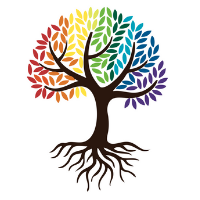As indicated here, one of my specialties is working with those who have experienced trauma. I have trained extensively about not only how to treat trauma, but also understanding the diverse, complicated components of it. One component I want to focus on today is a message I do not see often enough, and that is about what specifically qualifies as trauma.
First, let me give you a brief history of post-traumatic stress disorder, PTSD, as it has increased our awareness of the effects trauma can have. PTSD was first identified and diagnosed among Vietnam War veterans back in 1980. It is still considered relatively new in the psychological realm, even though that has been almost 40 years ago. Since PTSD was conceptualized initially among war veterans, I believe the idea of what qualifies as trauma has been heavily influenced by that association. It is important to note that there is no doubt how traumatic war combat experiences are, and I cannot even begin to imagine what that is like. I am not trying to minimize the traumatic experiences of veterans, and/or other victims of sexual or physical assault.
What I do want to do here is raise awareness that, for lack of a better word, events considered more minor than your stereotypical trauma-related incidences can also cause trauma-related symptoms in people, and can even result in someone having PTSD. Comparing how severe one harrowing event is with another does not alter how each individual person experiences their particular trauma. No matter what caused a person to have PTSD or other trauma-related disorders or symptoms, they could need just as much help as someone who has experienced a more “typical” traumatic event. In EMDR therapy, we distinguish these events as little ts and Big Ts. What are commonly identified as traumatic-like incidences such as war, rape, natural disasters, etc. are Big Ts. Whereas little ts can be verbal bullying, a family member shaming a child, belittling them everyday, etc. I like to describe little ts as the microaggressions of trauma.
The bottom line is that trauma is trauma no matter what the specific event is: It boils down to how the person experienced it. (Among other things, but that’s material for another entry another day!)

